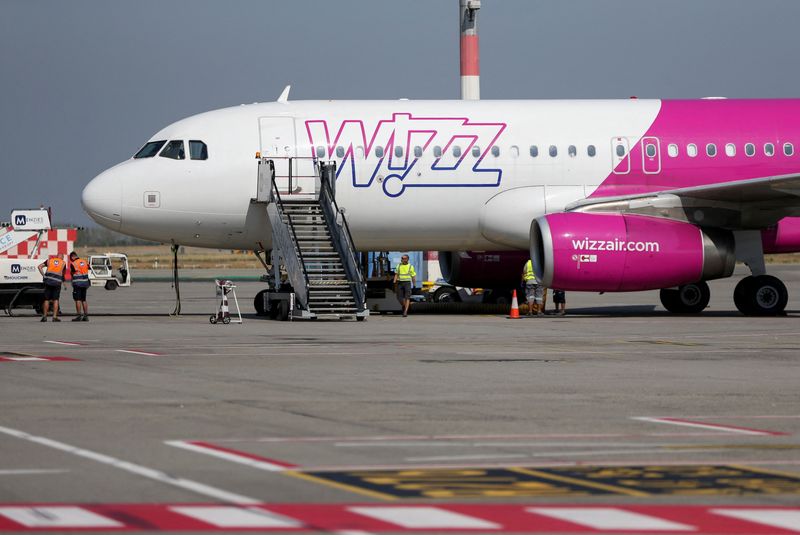In a recent legal battle, Hungarian low-cost airline Wizz Air has lost its challenge against the European Union’s approval of state aid provided to Romania’s national carrier, Tarom. The dispute arose when Wizz Air filed a lawsuit with the European Court of Justice in an effort to challenge the EU Commission’s decision greenlighting the financial support granted to Tarom by the Romanian government. Despite Wizz Air’s objections, the court dismissed the challenge, affirming the legality of the aid package, prompting a significant setback for Wizz Air and a victory for Tarom.
The legal showdown between Wizz Air and Tarom underscores the complexities of state aid issues within the EU aviation industry. Wizz Air claimed that the state aid granted to Tarom constituted unfair competition and distorted the level playing field within the market. This view is not uncommon among private operators who often argue that state-backed airlines gain an unfair advantage through financial support from their respective governments. The legal battle between Wizz Air and Tarom raises important questions about the balance between state intervention and fair competition in the aviation sector.
The European Commission’s decision to approve the aid package for Tarom reflects the EU’s efforts to support and safeguard the interests of its member states. While competition rules are crucial for fostering a healthy and dynamic market environment, there are instances where state aid can play a vital role in ensuring the survival of critical industries such as the aviation sector, especially in times of crisis or economic uncertainty.
For Tarom, the court’s ruling represents a significant win, providing the airline with much-needed financial stability and support amid the challenges posed by the COVID-19 pandemic. The Romanian government’s decision to provide aid to Tarom underscores the strategic importance of maintaining a strong national carrier to support connectivity and economic growth within the country. The court’s verdict not only upholds the validity of the aid package but also reinforces the principle of solidarity and support among EU member states.
In conclusion, the legal battle between Wizz Air and Tarom offers valuable insights into the complex dynamics of state aid in the aviation industry. While competition remains a cornerstone of the EU’s regulatory framework, there are circumstances where state intervention can be justified to ensure the viability and resilience of vital sectors such as aviation. The court’s ruling in favor of Tarom highlights the delicate balance between fair competition and state support, underscoring the importance of cooperation and solidarity in navigating challenges within the European aviation market.



